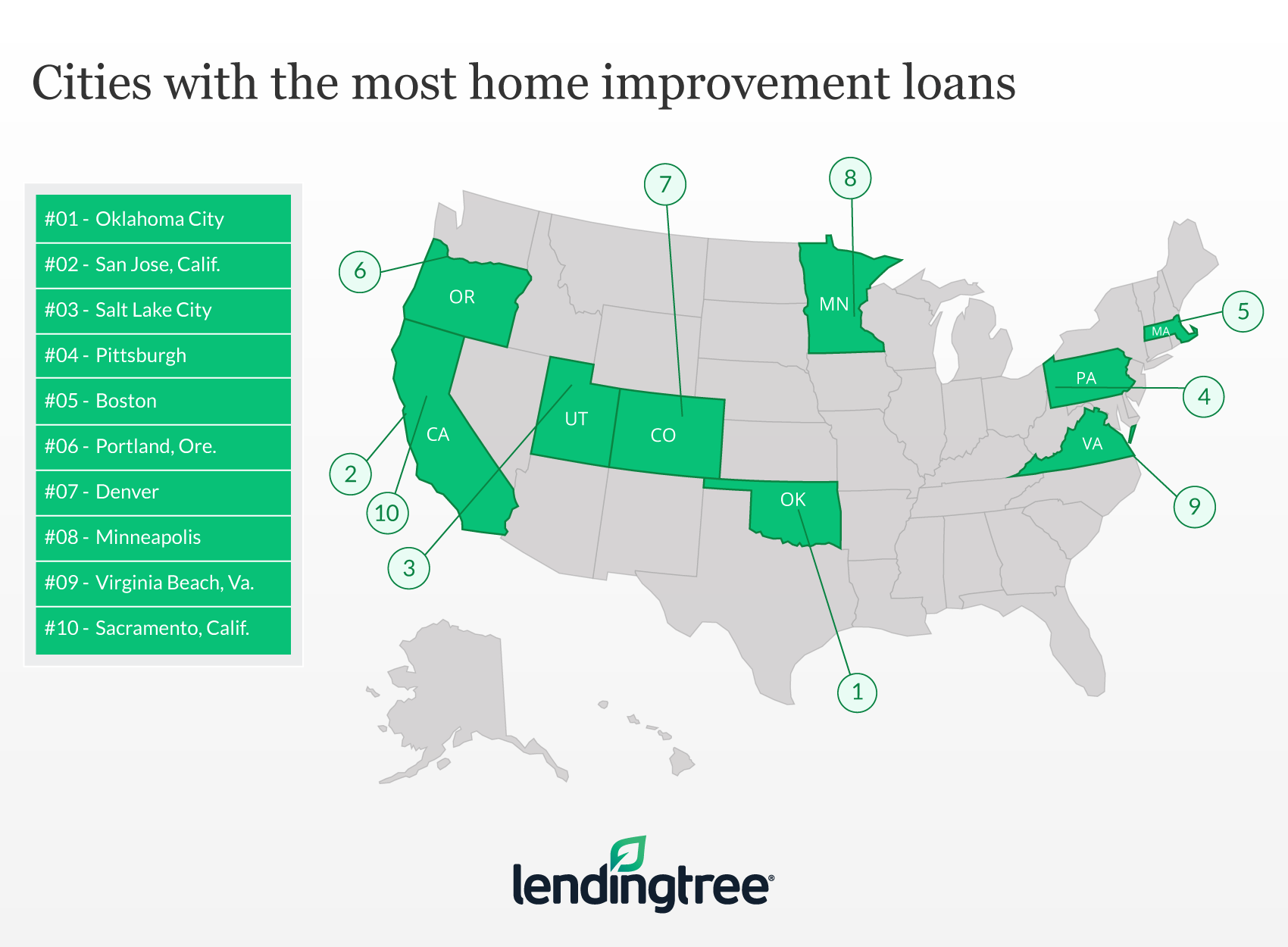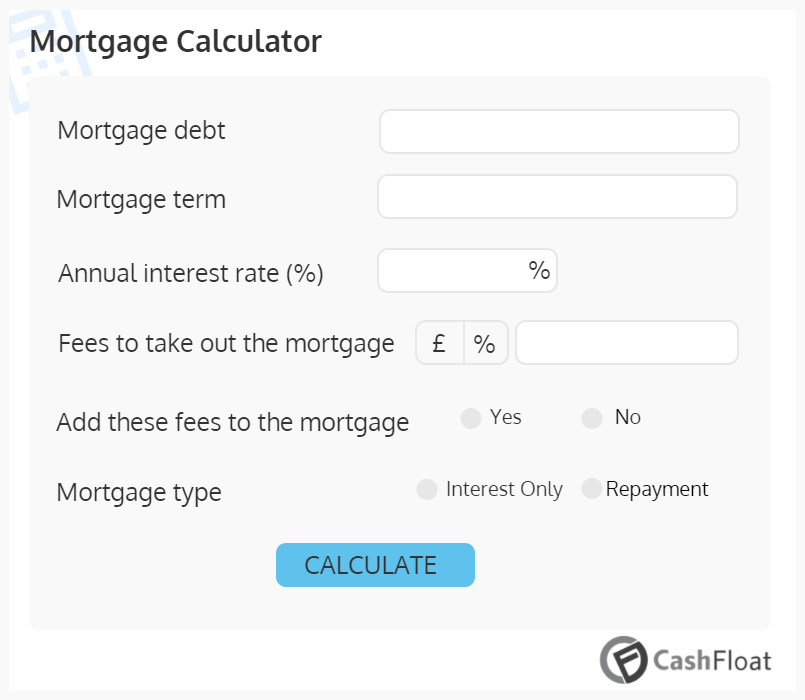Table of Content
Households that meet low-income guidelines or receive public benefits, may enroll in the LifeLine program, where they may apply for discounts on their cellular or home telephone bills. This program is available in every state, to low-income service users with a household income of 135% of the Federal Poverty Guidelines. Brings homes up to code standards, heater and roof replacements, and in some situations may be used for modifications to make the home accessible for persons with a permanent disability. There are official free home repairs for senior citizens in Pennsylvania but they are not only for seniors. Seniors, just like all Pennsylvania, are eligible to the same home improvement programs listed on this page. You can review the Federal and the State of Pennsylvania free home repair grants but ultimately your county and city are the one you need to contact and where you apply for funding.

The Pennsylvania Sunshine Program offers rebates to homeowners making home improvements with solar. Not everyone qualifies for all grants however, so it’s important to really think through your situation and find your own unique background to help secure a specific grant, loan or rebate from the state or federal government. There is a variety of homeowner assistance available when it comes to home improvement grants in Pennsylvania. Allowable packaging fees to any public, tribe or private nonprofit organizations may be included in repair loans and grants. A 25% local match on project costs from non-federal resources for rental housing is required.
Lender Responsibilities:
Your mortgage servicer is required to offer you a mortgage payment forbearance, which allows you to reduce or pause making payments for a period of six months, with the option to extend for an additional six months if needed. You must request a COVID-19 Forbearance from your mortgage servicer by June 30, 2021, and no extra fees, penalties or interest will be added to your account. If you are able to resume making your payments, FHA’s COVID-19 Standalone Partial Claim takes your past due amounts and puts them in a subordinate lien to be repaid later.

No Pennsylvanian agency will ever require your financial information up front and will never deposit grant funds directly into your accounts. Unsuspecting homeowners are then promised to receive a check deposited into their bank after a brief survey about their home and desired repairs. Speaking of making grant hunting easy, you’ll find that “e-grants” have become the primary and more convenient way to apply for home repair grants in Pennsylvania because you can do it right online. They may be related to broader themes such as conservation, community upgrades, veteran or low-income family support for PA residents.
More Tips for Finding PA Grants
Applicants seeking Existing Owner-Occupied Housing Rehabilitation and Homebuyer activities funding will be limited to a maximum of $500,000 as a town, borough or township. The U.S. Department of Housing and Urban Development supports a network of housing counseling agencies throughout the country. These agencies provide advice on buying a home, renting, defaults, foreclosures, and credit issues. Your options may include a repayment plan, loan modification, short sale, or Deed-In-Lieu of foreclosure. Applicants may apply for any of the Agency's first mortgage program loans (i.e., Keystone Home Loan, Keystone Government Loan, HFA Preferred™.

When you sign for this kind of program at any of the available agencies, they negotiate better terms for you from each of your creditors. The payment then goes to your chosen agency and they distribute those funds on your behalf. A debt management plan is not a loan, but an agreement between debt management companies and creditors on your behalf. Before you agree to a debt management plan, it is advisable to get help from a credit counseling organization. The Pennsylvania Sunshine program offers rebates to residential and small commercial residents that install photovoltaic and solar thermal systems.
Purchase Improvement
Many Pennsylvania utility companies have programs to assist low-income customers. These programs may help you pay your utility bills or lower the amount of energy you use. One very important factor when applying is being informed on time since most of them operate on a first-comes first-served basis.

Pennsylvania Department of Environmental Protection and Department of Conservation and Natural Resources offer much assistance through grants. These are all factors to think about as you look for grant assistance in Pennsylvania. This is true, whether you live in a large city like Philadelphia or a small township.
Eligible Home Modifications
PHFA will underwrite your application and let you know if you are approved. If we have a local HEELP Loan Provider in your area we will refer you there. Otherwise, we will walk you through how to get the work that you need to have done approved. The home improvement must be permanently affixed to the property and add value to the home. Don’t give up and know that there are grants ready for you to take advantage of.

Most Local Centers for Independent Living and Area Agencies on Aging can provide technical assistance in making this determination. The applicant is to provide the lender with a proposal completed by a general contractor of choice, detailing the modification improvements that will be needed to make the home accessible. Pennsylvania is also the home to SEDA – Council of Government, or SEDA-COG, an economic development agency that serves 11 counties and helps rehabilitate homes for limited-income families.
Also, the lender will ensure that the funding of any additional costs do not jeopardize the buyers debt to income ratios or PHFA's lien position, nor do they cause the purchase price limit to be exceeded. In addition to federal grants, some states have their own grant programs. Government representatives, there will be able to advise you about eligibility requirements and other necessary criteria for applying for a grant. To search or apply for grants, you can also use the free, official website, Grants.gov.
The funding will be provided in the form of a non-interest-bearing forgivable loan. Every county in Pennsylvania uses federal and state fundings to provide aid to eligible homeowners and each of these programs includes the repairing and replacing of windows. Home improvement or home repair grants and loans in Pennsylvania and any other state in the US are available to low and moderate-income homeowners, renters and lenders, low-income senior citizens, and disabled people.
Assistance is in the form of an interest-free deferred loan, and a mortgage is recorded as a lien against the property. Each of these grants varies in income, age, type of repair necessary, and location. Very low income and low-income families, families with children, senior citizens, people with disabilities, and veterans have a primary position when it comes to approval. Repairing a home is a very broad subject and can cover many projects within. No one will give you free money if you don’t like the tiles in your bathroom. Emergency repairs, including addressing health and safety hazards, as well as home modification to improve code violations are the eligible repairs.

You can also make a combination of a grant and a loan and get up to $27,000.00. Pennsylvania’s Weatherization Assistance Program increases energy efficiency in homes by reducing energy costs and increasing comfort while safeguarding health and safety. The program assists low-income individuals and families whose total household income is at or below 200% of the federal poverty level. Where needed, the program will repair, caulk, and weather-strip windows and doors.
Chester County offers the Housing Rehabilitation Program, and Montgomery County has the Owner Occupied Housing Rehabilitation Program. Carlisle Borough provides funding to help property owners maintain their homes through the Carlisle Borough Owner Occupied Rehabilitation Program. This program pays for home repairs, focusing on those to correct code deficiencies, in residences of qualified homeowners. Eligible work items include updating electrical wiring, heating systems, roof repair or replacement, insulation, doors, windows, siding, interior and exterior painting, chimneys, spouting, foundation repairs, kitchens, bathrooms, etc.




















